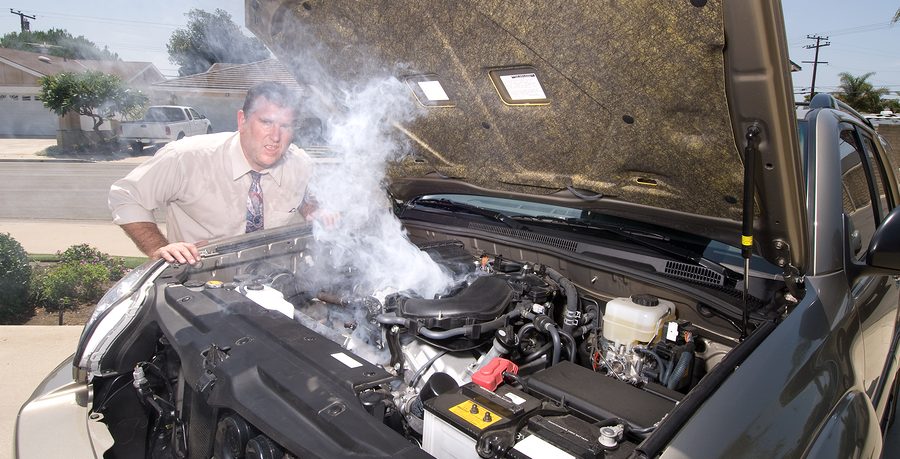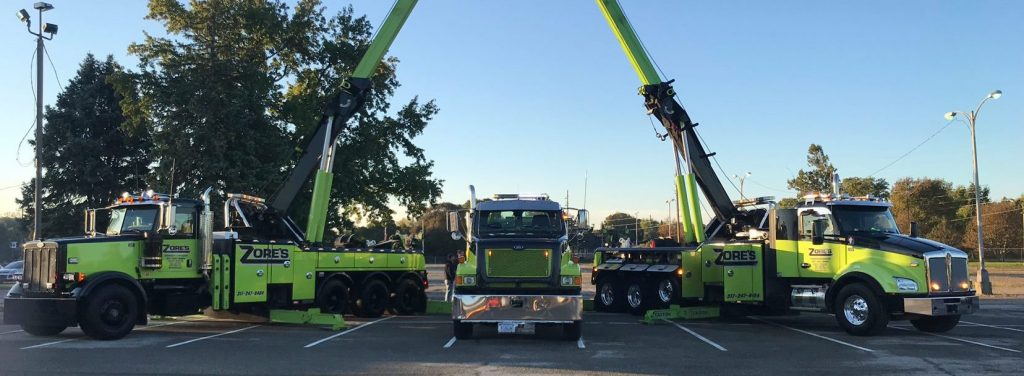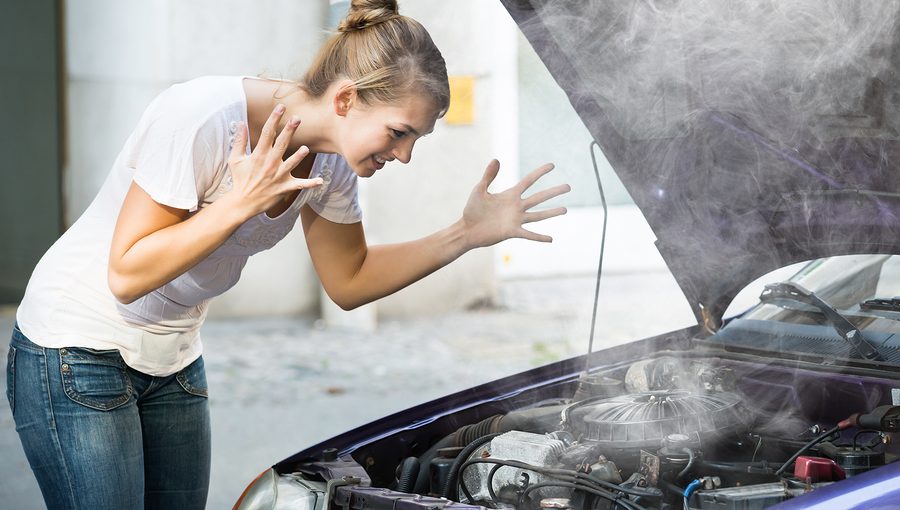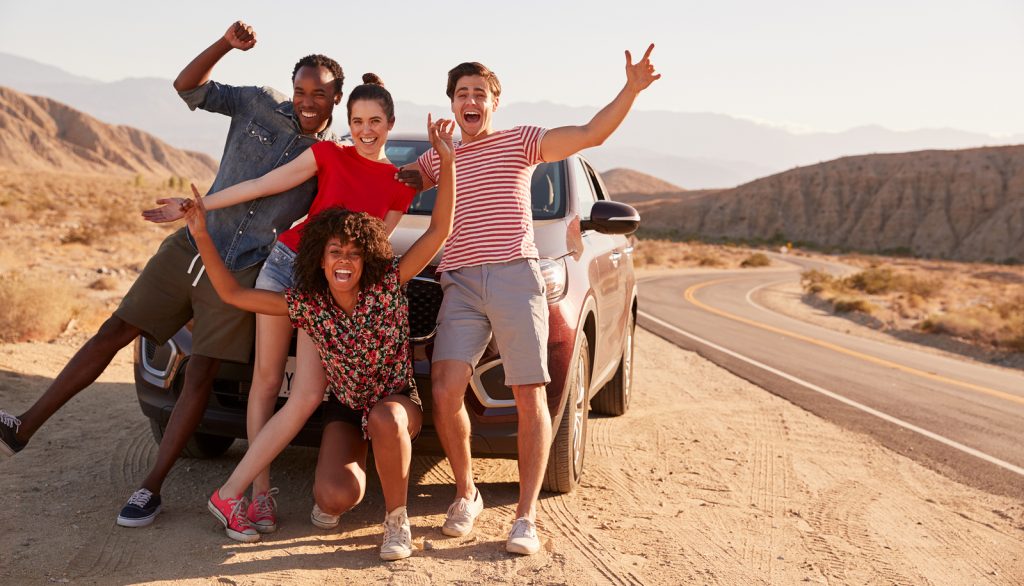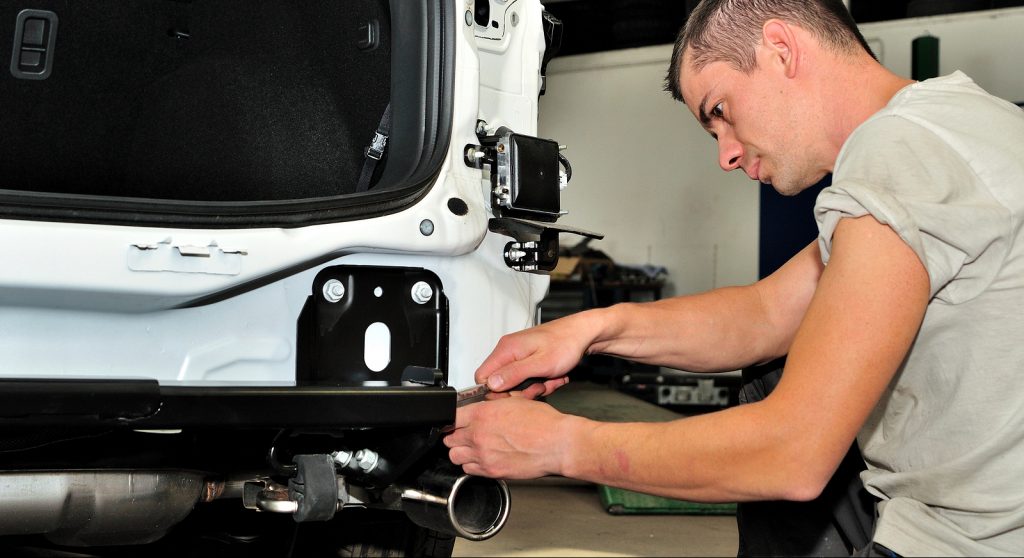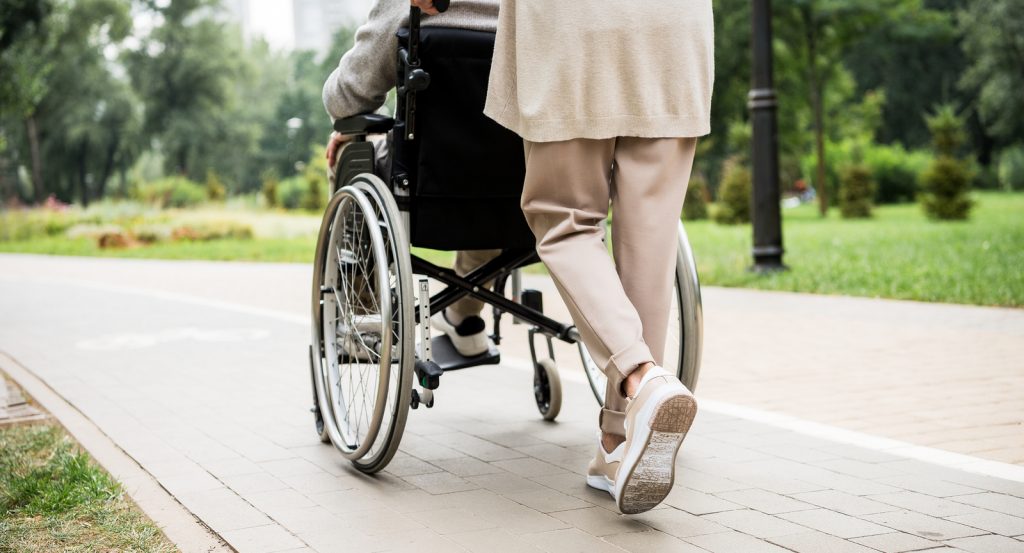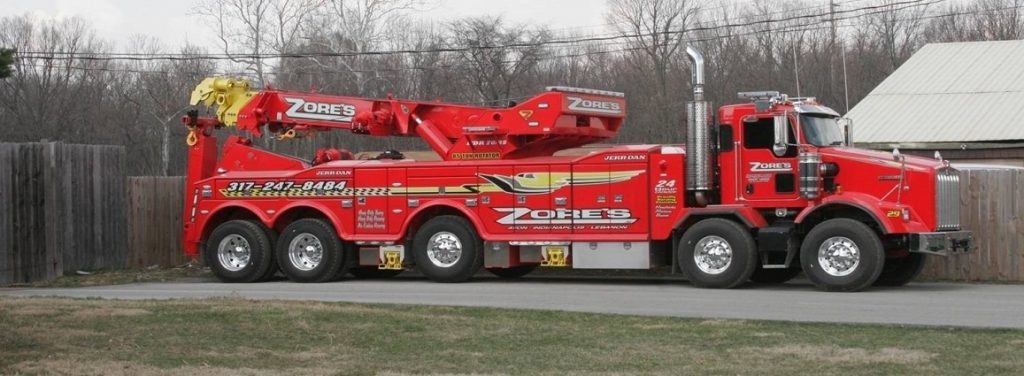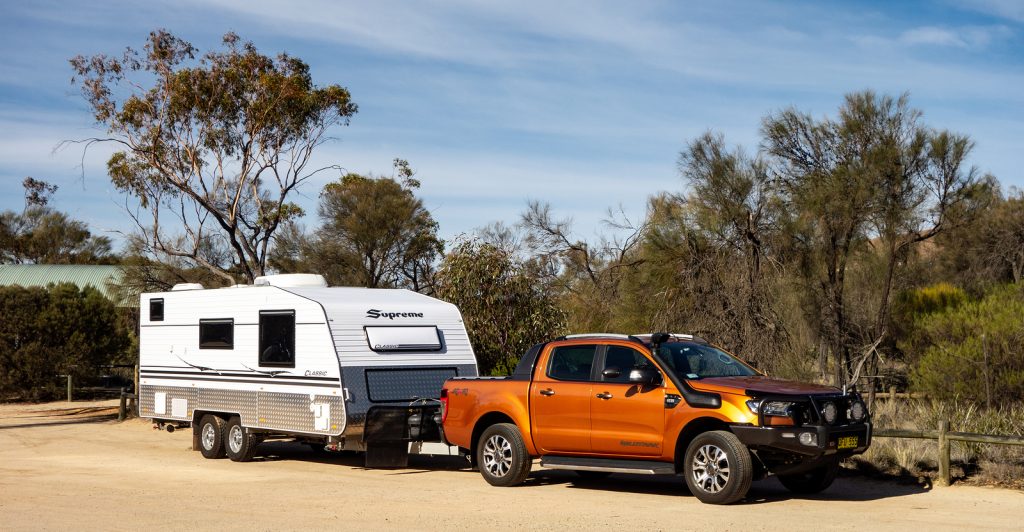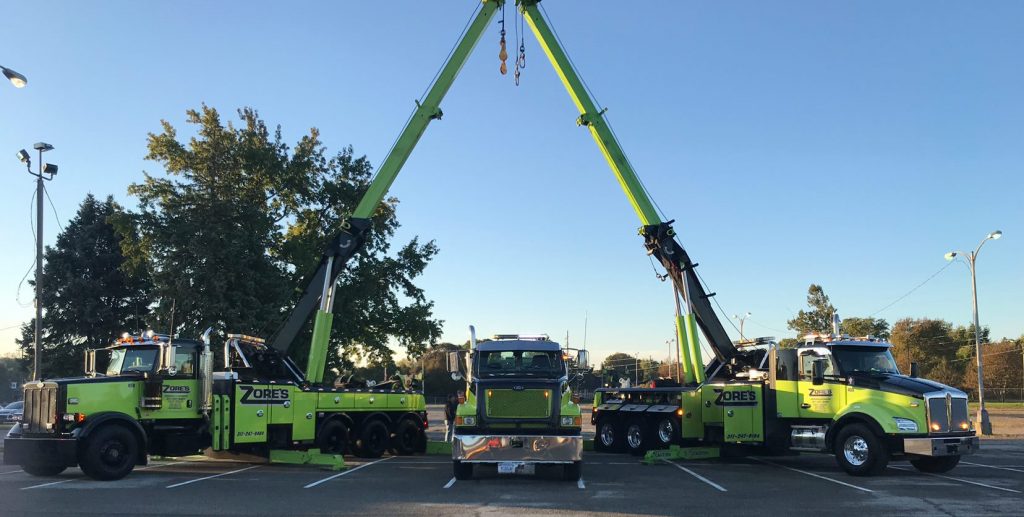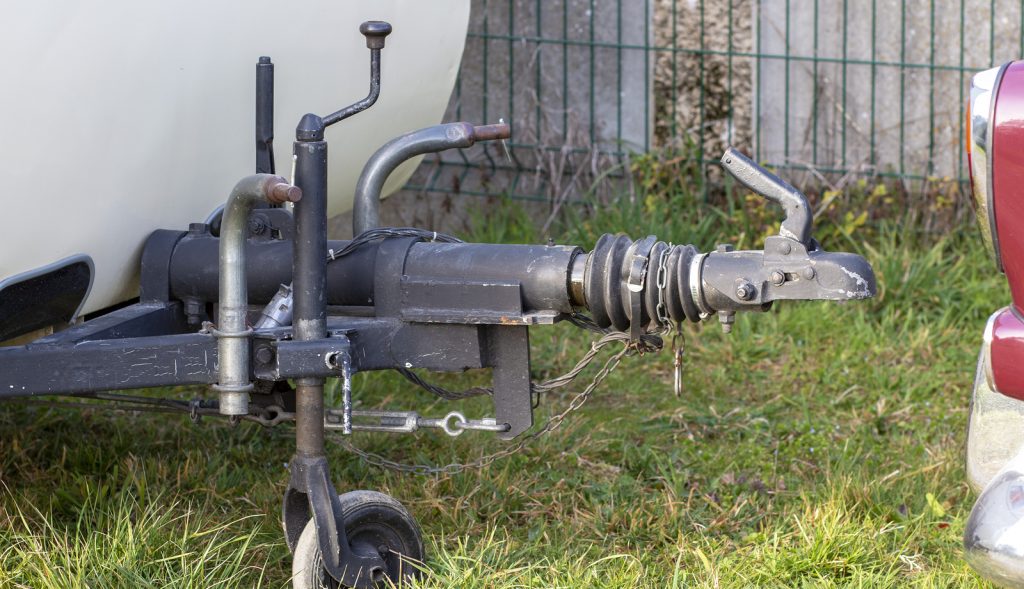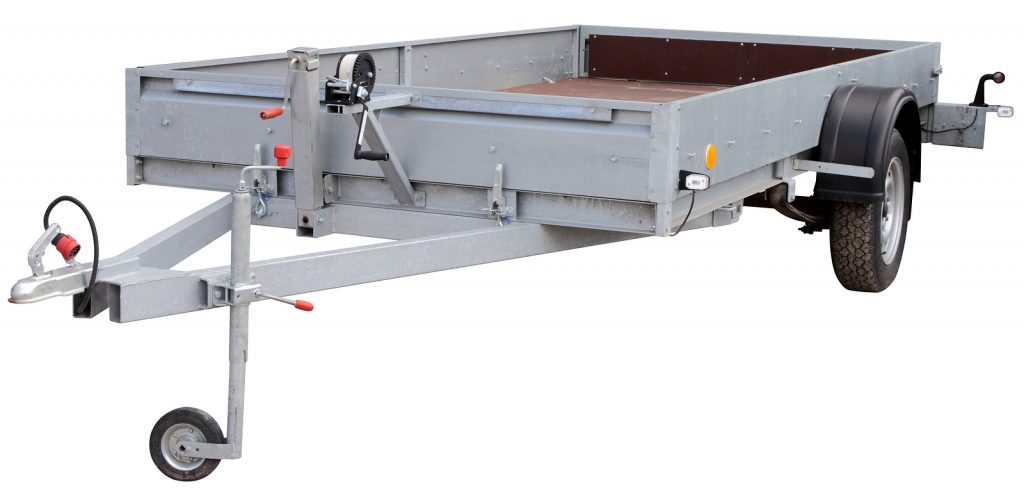Wrecker companies are more than just a towing service. They offer a wide variety of roadway, transportation, and recovery assistance. Sure they are equipped and eager to provide tows for illegally parked vehicles, broken down cars, abandoned vehicles, and more; but they are also equipped and trained to provide much more than that!
Continue reading to learn what else your local wrecker company can offer you, because it might just come in handy one day!
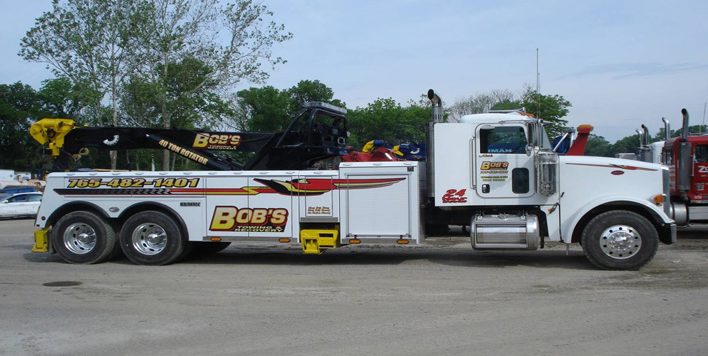
Basic Wrecker Services
When it comes to wrecker services, towing is not the limit. Most well-established and veteran wrecker companies retain an extensive fleet of trucks, rigs, trailers, wreckers, and more that allow them to provide comprehensive towing and recovery services for anyone and everything in town. This means impounding, airplane towing, accident and traffic clearing, disaster emergency response, general roadside assistance, and much more. Here is a breakdown of the principle categories for towing and recovery, and the additional services offered by most wrecker companies near you:
Roadside Assistance
Wrecker companies generally offer roadside assistance options for individuals who experience minor vehicular issues or breakdowns on the road. If someone gets a flat tire, a wrecker service will provide tire changes and replacements. If a battery goes dead, a roadside assistance technician for a wrecker company will drive to them and provide a jump start. If someone is locked out of their vehicle, a wrecker service can get them back in! With just one simple phone call, a short wait, and a small fee, you can have a professional wrecker company provide roadside assistance services any time, 24 hours a day.
Light Towing
Light-duty towing includes regular vehicle towing and recovery. Cars, trucks, vans, small to mid-sized vehicles, motorcycles, jet skis, and more are all included in this category. If a car accident happens, a professional wrecker service is called to promptly remove the damaged vehicles and clear the roads of traffic congestion as soon as possible. Illegally parked vehicles and property management towing also fall into this category of light duty tows. These services are available 24 hours a day and 7 days a week; like most towing services.
Medium and Heavy Towing
Medium and heavy-duty tows include larger-scale recovery and towing missions. Trucks, semi’s, rigs, trailers, boats, airplanes, mobile homes, construction materials, piping, and more are included in this category of towing. Wrecker companies extensively train their technicians to be able to clearly and efficiently react and handle sudden recovery emergencies, disasters, and situations. They are fully prepared to recover large equipment or vehicles on dangerous terrain or hazardous conditions. Severe storm damages, fallen trees and power lines, erupting dams, and more are all circumstances when a professional wrecker company is needed and called on.
Additional Services
Wrecker companies often work together with their local municipality in road and traffic management. They also buy and sell junk cars and trucks, and offer auto auctions open to the surrounding communities. On top of auto auctions, junk car buying, light towing, medium towing, and heavy-duty towing, wrecker services also train and provide disaster response as mentioned before. Mostly wrecker companies that have been around the longest are the ones capable of offering these kinds of services because they have the local community trust, the proper and specialized equipment, licensing, and training.
24 Hour Towing and Recovery for Indiana
If you need towing help, call Zore’s Inc. at 317-247-8484 for friendly 24 hour towing and recovery in Indiana. We open a family-owned and operated business for 90 years, so you can trust us for prompt and professional service. We are open 24 hours a day, seven days a week, and 365 days a year, so our certified tow truck operators can be there for you anytime, any day! Request free estimates, anytime.


